As a dog owner, it is not uncommon to experience nipping behavior from your furry friend. While nipping may seem harmless and playful, it can quickly turn into a problematic scenario. Understanding why dogs nip and how to deal with it is crucial for a safe and harmonious relationship with your pet.
Dogs nip for various reasons, including instinctual behavior, communication, and play. Puppies often nip as a form of exploration, normal play, teething, or to get attention, while adult dogs may nip to establish dominance or as a sign of fear or aggression. As a responsible pet owner, it is essential to recognize when nipping becomes problematic and take appropriate actions to discourage it.
- Dogs nip due to exploration, teething, attention-seeking, and herding instincts.
- Training methods include 'yelp and stop' technique and promoting gentle play.
- Consistency across all household members is critical in nipping behavior training.
In this article, we will guide you how to recognize and correct this behavior earlier before it becomes a destructive behavior. We will discuss various methods like positive reinforcement training to address this situation.
The information provided herein is for informational purposes only. Please refer to our disclaimer for more details..
Nipping Behavior in Dogs: Exploring the root of the Behavior
Image source: Kobi Kadosh
Nipping behavior is a common habit of many dogs. It refers to when a dog uses their mouth to make contact with skin or clothes, often during play or interaction. Nibbling is a normal behavior displayed by puppies and young dogs, similar to play biting. However, it is essential to recognize when this becomes problematic and take appropriate actions to discourage it.
When a dog nips, they are using their mouth to grab or pinch their target. This action can cause irritation or pain, and in some cases, it can lead to injury. Dogs display this behavior for various reasons, including:
- Exploration and play: Puppies may engage in this behavior as a form of exploration, to test their boundaries with objects and people. Puppies play together and often nibble each other, a way of communication between littermates.
- Teething: The process of teething causes discomfort to growing puppies and they might try to lightly bite to relieve the irritation. Therefore, mouthing is normal habit of a puppy undergoing teething.
- Attention-seeking: Some dogs may nip as a way to get attention from their owners or other dogs.
- Herding instincts: Some dogs may peck at feet as a result of their herding instincts, to control the movement of people or other animals. A common behavior in Australian Shepherds, collie and other herding breeds.These breeds have a strong drive to herd and may nip at ankles or other body parts as a result.
Dog owners need to understand that it may escalate into more aggressive biting behaviors if not addressed promptly. Thus, it is crucial to address the issue as soon as possible with appropriate socialization and training.
Why my dog Bites me Gently?
Image source: Daniel Lincoln
Dogs bite their owners gently for a number of reasons that includes their natural instinct of exploring and interacting with people , they may engage in play biting which is common in a growing pup which they use to communicate with their herd mates and explore their surroundings.
Mouthing or nipping can also be a way for dogs to seek attention or express excitement. In some cases, dogs may nip as a form of communication when they are uncomfortable or anxious.
Lastly, your dog may bite gently displaying herding behavior common in shepherds. If you notice your dog getting aggressive, or it bites too hard, you must start training your dog to learn bite inhibition.
How do I Train my Dog Not to Nip?
Image source: cottonbro studio
Teaching your dog not to nip strangers requires patience, socialization, consistency, and positive reinforcement. Here are some tips:
Puppy Play and Redirecting
During puppy playtime, it is essential to redirect your puppy’s attention to appropriate chew toys and discourage nipping by commanding puppy not to nip on inappropriate objects such as your hands or clothing. Provide a variety of chew toys to satisfy your puppy’s need to chew, and offer praise and rewards when they play with them.
The “Yelp and Stop” Method to stop a dog from bite
Another effective method is the “yelp and stop” technique. Whenever your puppy mouths or nips you, let out a high-pitched yelp and stop playing. This method helps your puppy understand that nipping leads to the end of playtime and discourages the behavior.
Teach Urge Inhibition and Gentle Commands
Teach your puppy “urge inhibition” by offering treats when they display self-control instead of nipping. Additionally, reinforce commands such as “gentle” when playing and reward your puppy for following them. You can use a technique in which you let your hand go limp when the teeth touch your skin. This training helps your puppy understand that nipping is unacceptable behavior and encourages positive play.
Discourage Your Dog from play biting
Playful nipping can become problematic in adult dogs , discouraging the behavior by substituting a toy when they begin mouthing or nipping. Praise your dog with treats when they play with the toy instead of nipping. It is essential not to encourage play with your hands or allow nibbling during playtime. Overtime, the dog will likely refrain from mouthing upon learning to associate rewards with gentle play.
Consistency is Key
Consistency is crucial when teaching your dog not to nip. Ensure that all members of your household are consistent with training methods and reinforce positive behavior. With patience and persistence, your dog can learn to interact positively without nipping.
How do I stop my Dog from Nipping Visitors?
Your dog may nip strangers for the same reasons it nips you, but here the risk of actual bite is a lot more. You need to socialize your dog from an early age and teach the dog to be gentle with strangers.
To prevent this unwanted behavior, it is important to teach your dog bite inhibition and provide appropriate chew toys during play. Reinforcing commands like “gentle” can also encourage your dog to respect boundaries and avoid nipping.
Moreover, the use of positive reinforcement techniques using rewards to associate gentle behavior with positive feelings can help raise a well-mannered dog that knows its boundaries.
Here are some of the tips that might help stop nipping in dogs:
Play with Your Dog
Engaging in structured play with your dog can help redirect their energy and prevent nipping. Play tug and fetch games with your dog, divert attention to resume play without nipping, always using appropriate toys or balls to avoid confusion between toys and hands. Use a “drop it” cue to help your dog learn when playtime is over.
Socialize Your Dog
Proper socialization is essential to minimize nipping behavior. Expose your dog to a variety of environments and experiences, including meeting new people and other dogs. This can help your dog to become more comfortable around others, and less likely to nip.
Use a Muzzle
Using a muzzle during play sessions can be helpful to prevent nipping and minimize aggression in dogs. Make sure to use a muzzle that allows your dog to breathe and drink easily. Familiarize your dog with the muzzle gradually and positively, associating it with treats and praise. This will help to minimize chances of bite when the dog is around visitors.
Seeking Professional Help for Nipping Behavior
If you find that your dog’s nipping behavior persists or becomes aggressive, it is crucial to seek help of a certified animal behaviorist. As a dog owner, it can be tempting to try to manage the behavior on your own. However, nipping can be a complex issue with underlying motivations that require a professional’s assessment and guidance.
So, what type of professional help should you seek?
If you are dealing with a nipping behavior, consider seeking help from a professional dog trainer or veterinarian. A professional dog trainer can provide personalized guidance on managing your dog’s nipping behavior. They can also help you implement suitable training methods like desensitization and counterconditioning and provide you with the guidelines necessary to address any underlying issues.
A veterinarian can evaluate your dog’s behavior and rule out any potential medical issues. Some aggressive behaviors may stem from underlying health concerns such as pain or discomfort. Therefore, seeking the guidance of a veterinarian is essential to ensure your dog’s well-being.
Remember, addressing nipping in your dog is crucial to maintain a safe and enjoyable relationship with them. Seeking professional help when needed shows a responsible and caring attitude towards your furry friend’s well-being.
Conclusion
In a nutshell, dogs nip for a variety of reasons like play biting, to communicate and interact, and to establish dominance. Addressing nipping behavior in dogs is essential to maintain a safe and enjoyable relationship with your furry companion.
By understanding why dogs nip, implementing effective training methods, and seeking professional help when needed, pet parents can manage nipping behaviors and encourage positive interaction with their dogs. Remember, consistent training, patience, and a deep understanding of your dog’s needs are key to achieving long-term behavior improvements.
231views
Share on FacebookExplore more of these tags
When we adopted our dog, Riju, she had been abused and had never really spent time in the house or as part of a family. She nipped everyone out of fear. Our rescue was wonderful and helped us work with her to get her acclimated. We feel like we were meant to be her family because we were willing to work on that stuff rather than expect the rescue to just take her back. Now she's the sweetest, most gentle, loving, and SPOILED girl ever. The work in helping her adjust was all worth it. She's currently lounging in "her" chair, staring at me because she knows it's time for her to eat and I'm not moving fast enough. 😆😆
When we adopted our dog, Riju, she had been abused and had never really spent time in the house or as part of a family. She nipped everyone out of fear. Our rescue was wonderful and helped us work with her to get her acclimated. We feel like we were meant to be her family because we were willing to work on that stuff rather than expect the rescue to just take her back. Now she's the sweetest, most gentle, loving, and SPOILED girl ever. The work in helping her adjust was all worth it. She's currently lounging in "her" chair, staring at me because she knows it's time for her to eat and I'm not moving fast enough. 😆😆

 Dark Mode
Dark Mode 

 No fees, cancel anytime
No fees, cancel anytime 






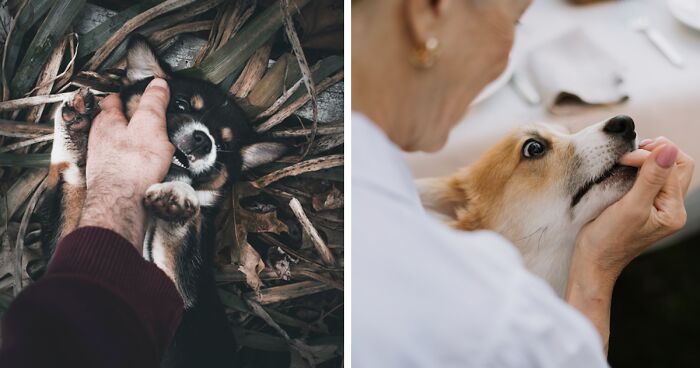
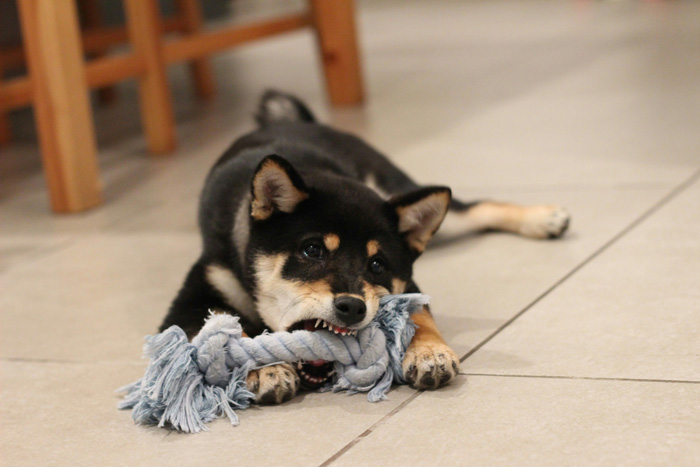
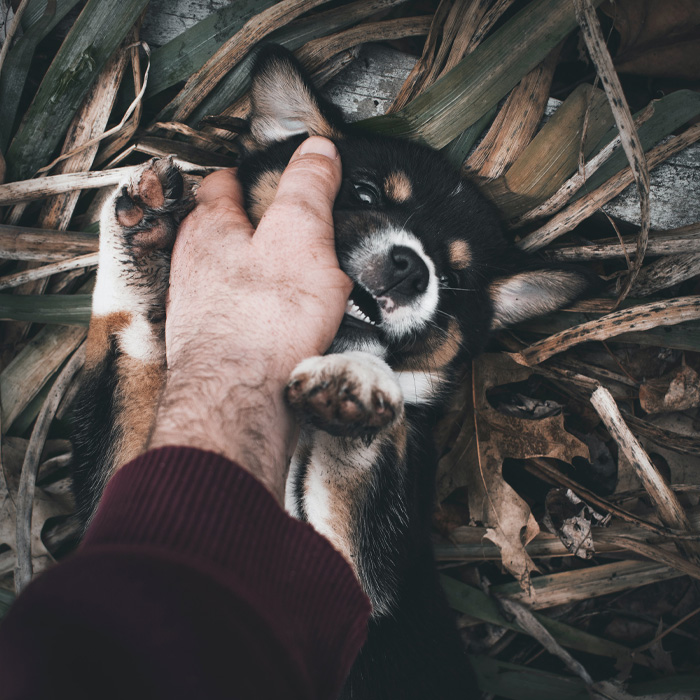
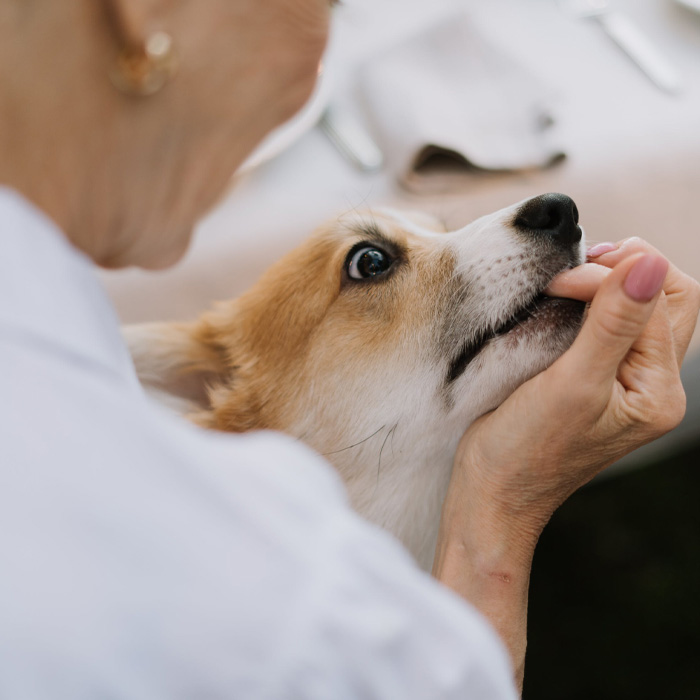








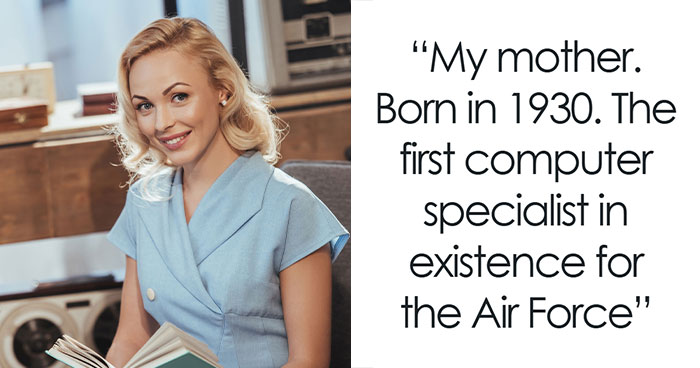


































3
1